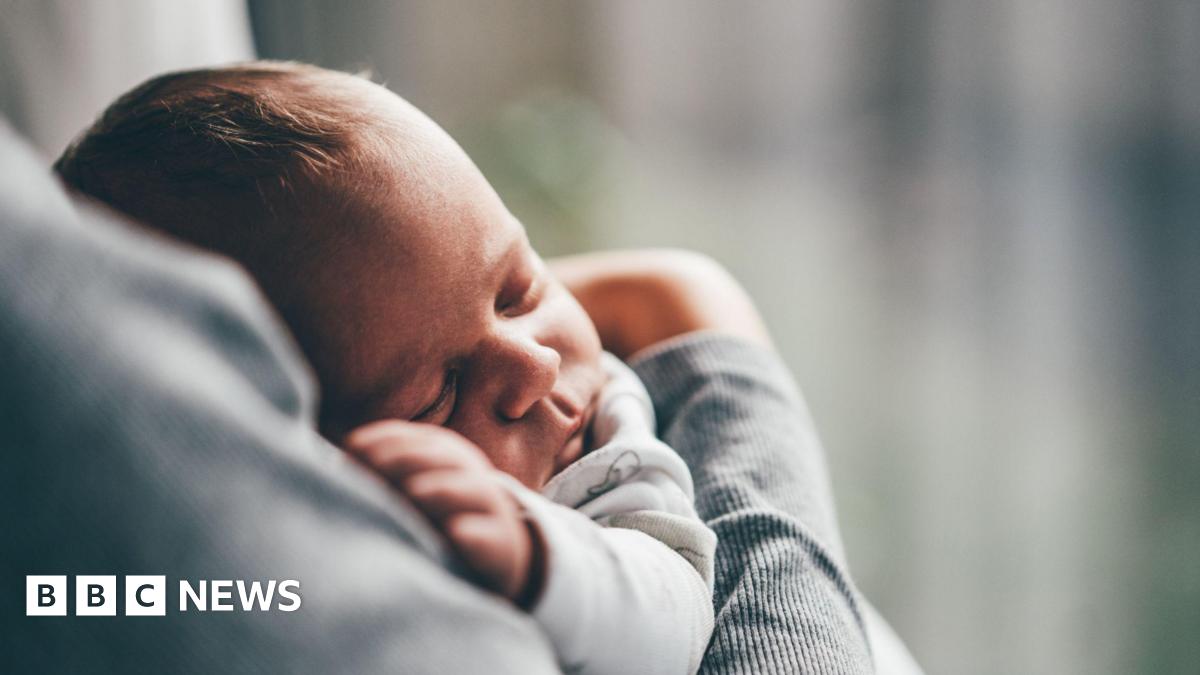Health visitors in almost two thirds of trusts in England were redeployed in March 2020, according to research by University College London.
The intention was that they would go to work in hospitals to support acutely ill patients but some were sent to do administration, to deliver parcels and to answer telephones, the inquiry heard.
Some health visitors who remained in post were left with case loads of 750 children or more, way above the recommended 250, evidence provided by Prof Catherine Davies, of Leeds University, to the inquiry showed.
“We let families down”, Ms Morton told the inquiry, saying protection was not afforded to babies and that “some children paid the highest price”.
The inquiry was shown research by the child safeguarding review practice panel which identified Covid adaptions, such as virtual visits as opposed to home visits by health visitors, as factors in the deaths and serious incidents of some children.
Children like Star Hobson and Arthur Labinjo-Hughes – who were both killed by their guardians during the pandemic – hit the headlines but there were many others, Ms Morton told the inquiry.
“Children were being harmed by these practices,” she said.
“It had life-changing and life-ending consequences for these children and they were the canary in the coalmine and we needed to listen to them and make their voices count even in their deaths”.
“For me, it was the most sad part of the pandemic, how we let those children down”, Ms Morton added.
The Institute of Health Visiting – a charity and professional body that works to strengthen the quality and consistency of health visiting practice – said it was in regular contact with the government in the summer of 2020 raising concerns.
It said a letter was eventually sent by the Chief Nursing Officer for England to trusts in October 2020 saying redeployments must end.
The body also had to make “a strong intervention” for there not to be another redeployment in December 2020, the inquiry was told.
The inquiry is due to hear evidence from those who were in government at the time in the next two weeks.
